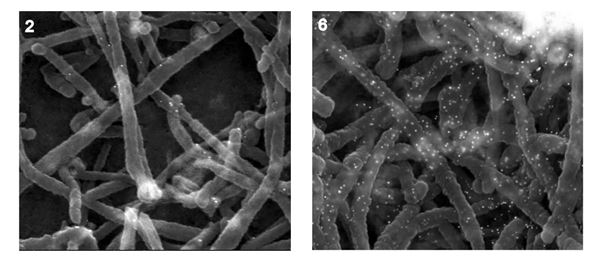Viral diseases account for a major proportion of human infectious diseases in India. Many of them are caused by RNA viruses and follow zoonotic, arthropod-borne, or aerosol routes of transmission. One such virus, SARS CoV2, responsible for COVID 19 pandemic, is a grim reminder of the lack of preparedness in viral diagnostics, curtailing viral transmission, and interventional strategies to manage the disease. At the same time, however, this pandemic has set a benchmark for the development, approval, and marketing of novel prophylactic, diagnostic and therapeutic technologies in the shortest time. Numerous prevalent viral infections, either due to the worldwide presence of intermediate host or the emergence of genetic variants with altered transmission patterns, pose a risk of outbreaks in new locations and global spread. Remaining pandemic ready is a priority going forward for the safety of public health in India. In our lab, we are trying to address these questions using a multitude of approaches based on our expertise in virology, molecular biology, and cell biology.
1. Rapid vaccine platforms for emerging viral diseases.
Vaccine platforms based on adenovirus, VLP, subunit, or mRNA vaccines can be customized and developed in a short duration. Our goal is to create rapid and affordable vaccine platforms against viruses of the epidemic potential in India. We are focused to develop and evaluate adenovirus and VLP-based vaccine candidates against viruses of epidemic potential.
 Fig :
Fig :High-resolution analysis of VLPs generated by transfecting select respiratory syncytial virus (RSV) proteins (6) compared to RSV particles on infected cells (2). Meshram et al 2016 (JVI).
View More..